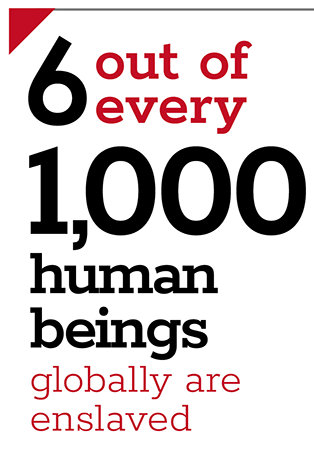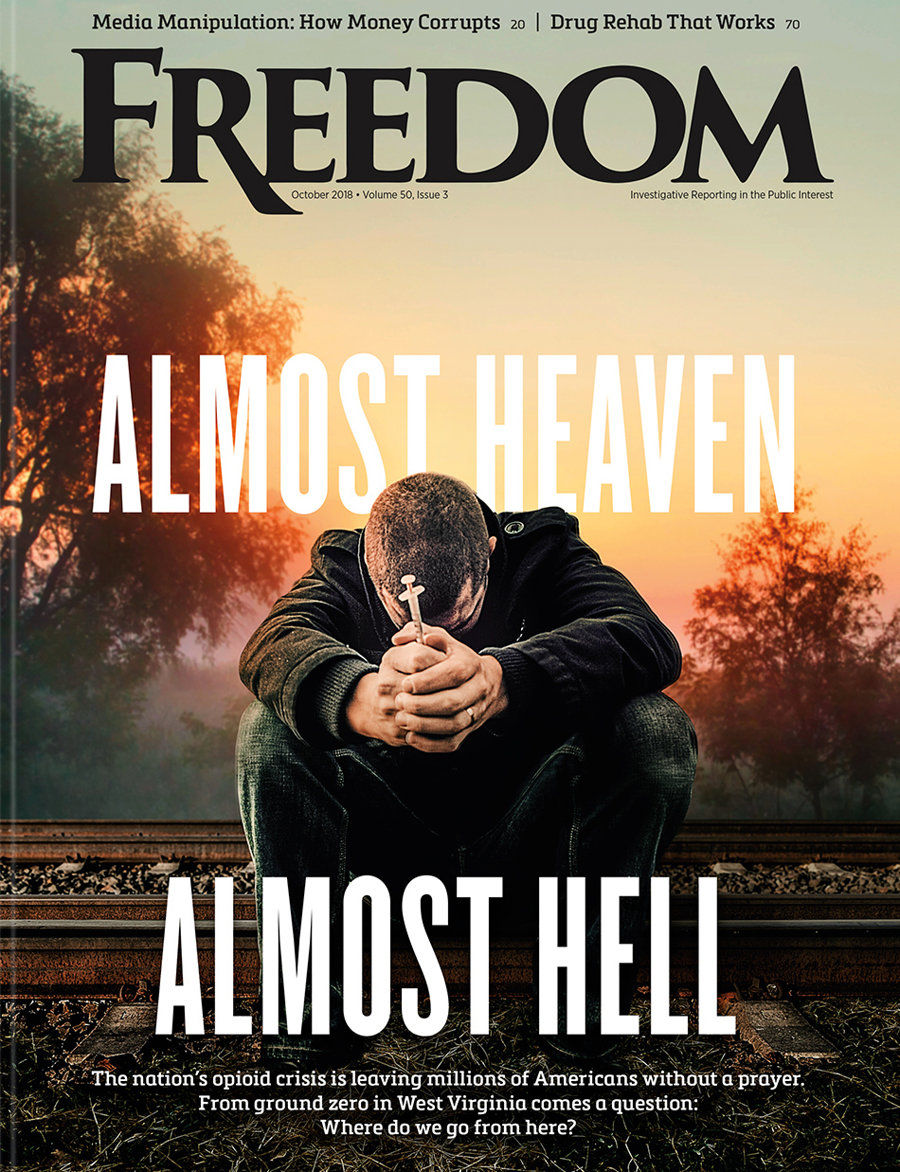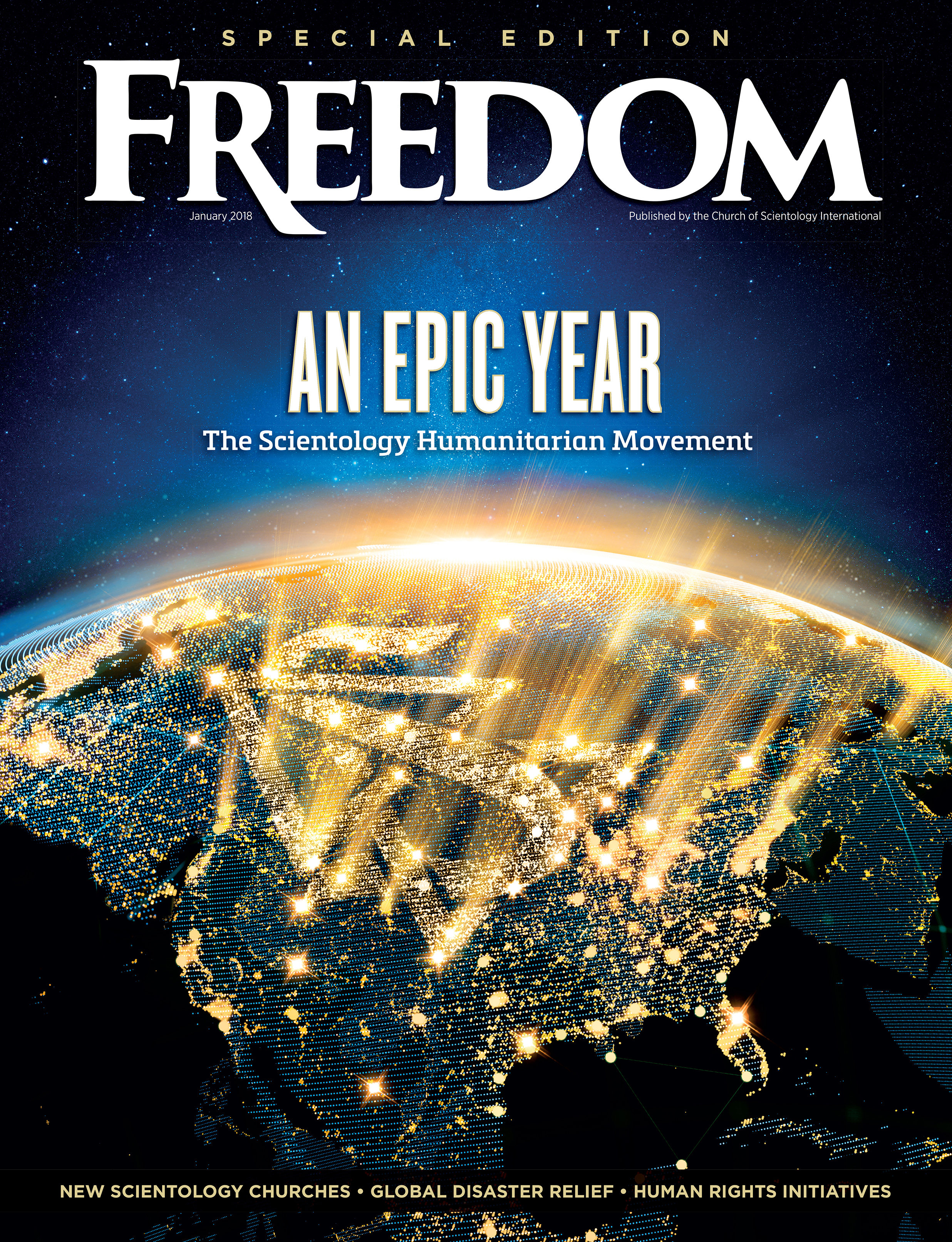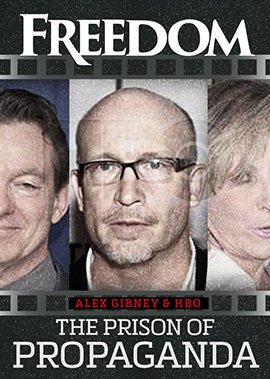Going into a bar and posing as a “john”—a buyer of sex—is difficult for Sebastian (not his real name), but often necessary in his line of work, which is rescuing victims of trafficking and providing evidence to law enforcement to bring their enslavers to justice.
It’s not even his day job, but to Sebastian—himself a childhood victim of abuse in Mexico—this is his true calling: acting as an unpaid confidential informant, sometimes spending weeks or months undercover to save victims. Over the years, he’s built up a network of government officials, military, law enforcement, human rights groups, other nonprofits and Christian missionaries who care for trafficking victims—both in the US and Mexico—all of whom depend on his dangerous work. Now in his 50s, Sebastian, after dodging attempts to kidnap him and unsure who to trust in the Mexican government, decided to go cyber for his south-of-the-border jobs, while focusing on the US for his in-person rescues and undercover work.
“If I get picked up, [the trafficking cartels] will eventually torture me for a couple of days to get as much information as possible from me and then kill me,” he said.
One trend is that the victims are younger and younger and are being recruited online.
As Sebastian’s network has grown, so has awareness of the blight of modern slavery, which has entrapped and abused six out of every 1,000 human beings globally—about 49.6 million—generating $236 billion a year.
But the tide is turning. This past year, 2,517 were arrested and 3,222 rescued in a single week in an operation across 116 countries and territories, coordinated by INTERPOL and the UN Office on Drugs and Crime. This past summer, the executives of the world’s largest online sex trafficking hub, Backpage.com, were sentenced to prison. And, on December 30, 2024, the White House declared January National Human Trafficking Prevention Month to raise awareness of “the shameful, abhorrent abuse of human trafficking and forced labor.”
The government proclamation reads: “Human trafficking targets the most vulnerable in society and exploits them—denying their human rights, freedom and dignity. It is a stain on our collective conscience and an affront to basic human dignity. During National Human Trafficking Prevention Month, we recommit to working to end human trafficking in America and around the globe.”

Momentum continues to build, not just on the international and national level, but also on the local and state level, to reduce, contain and ultimately stamp out human trafficking. Advocates, including One More Child, a Central Florida nonprofit that served over 1,000 children and adult victims of trafficking last year, are pushing for a human trafficking prevention bill next month at the state capitol.
The organization’s vice president of program operations and public policy, Jodi Domangue, observed that the traffickers’ methods have changed as the web of law enforcement and public awareness tightens. One trend is that the victims are younger and younger and are being recruited online.
“They are even being reached out to on social media apps like Snapchat or Instagram,” Domangue said. “And someone’s saying, ‘Hey, I got your photos, and if you don’t want me to share them, I need some more photos,’ and that’s actually a scam where individuals are reaching out to our children, and our children don’t know any better. They think somebody’s hacked into their phone.”
Florida advocates, like their counterparts in other states, mean business. They are pushing upcoming state legislation that would mandate a third-degree felony charge for first-time buyers soliciting prostitution. If convicted, that’s up to five years in prison and up to a $5,000 fine, plus possible restitution to the victims. “They need to understand the buying and selling of a human being is a big deal,” said Domangue.
The increased crackdown on human trafficking was made all too plain to this writer, a Florida resident. While preparing this article, I noticed a sign prominently displayed at a massage therapist’s office: “HUMAN TRAFFICKING: If you or someone you know is being forced to engage in an activity and cannot leave, etc.” It was written in English and Spanish with phone numbers to call or text. I asked the person on duty about it. She said that all massage places display the signs and that police come by every so often to make sure they’re still there.
She said she was glad of it, as her profession is a favorite recruiting pool for traffickers. She shared with me that a couple came by some weeks ago, commenting on what wonderful work she did and asking her questions like: “Are your parents still alive? Do you have any family? Do you live alone?” Then they offered to hire her to make personal massage calls on people at triple what she was making now. She said no, thank you. She then reported the incident.
Meanwhile, Sebastian toils on, sometimes saving individuals and other times whole families. He cannot reveal his methods, cannot name names.
Sometimes a mission doesn’t work—like a recent one where he arrived at a location in California to rescue a group of children under eight who were about to be trafficked for porn films. When he got there, however, it was too late. The children had already been taken by their enslavers and were gone.
“It was a bad day,” he said. “We obviously can’t help them all, and it’s the people you can’t help that haunt you the most.”
But most times, he succeeds. To date, he has saved more than 200 women and children with his team at New Hope Foundation International, an anti-trafficking nonprofit in Las Vegas.
Still, the work is grim and unrelenting. The traffickers seem to never rest, never pause, so neither does Sebastian.
“I’ve seen things that cannot be unseen and not be unheard, and it’s just horrible,” he said.
As the alarm bells continue to ring and as more and more people come aboard, we can only hope that the things that Sebastian has seen—and that millions of others have suffered—will come to an end.
Soon.






















